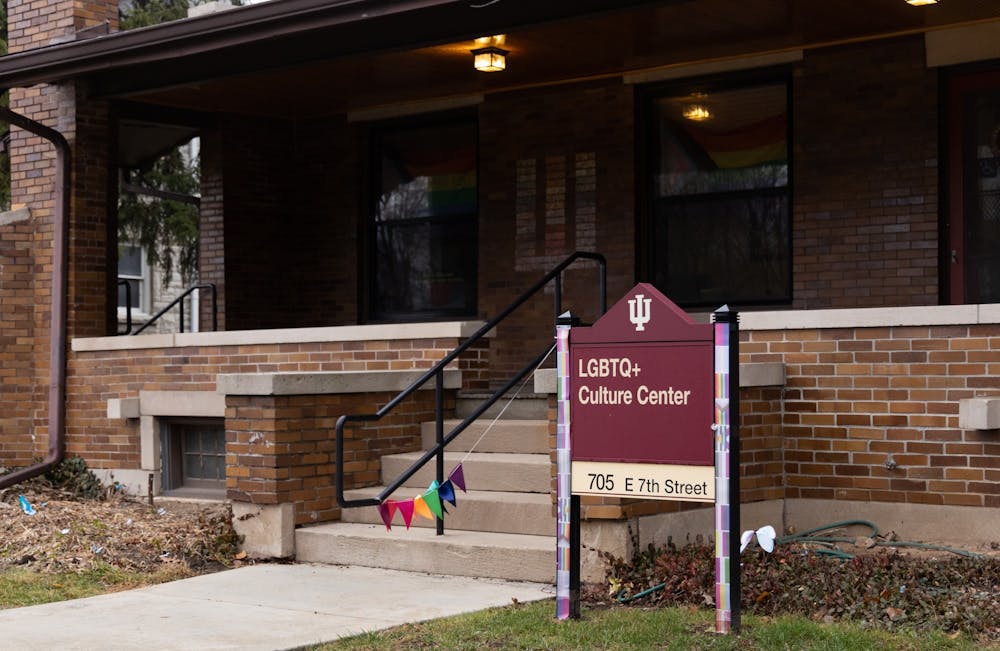Congress has passed the Respect for Marriage Act, which would secure the right to federal recognition of same-sex marriage, after it passed the Senate in a 61-36 vote Nov. 29 and the House with a 258-169-1 vote on Dec. 8, both with bipartisan support. It'll next have to pass the House; if it does, it will go to President Joe Biden, who is expected to sign it.
After this summer’s decision in Dobbs v. Jackson Women’s Health Organization, which overturned the federal right to an abortion, some reproductive rights activists worried that other rights guaranteed by previous Court decisions, like same-sex marriage, might not be protected. New York Representative Jerrold Nadler sponsored the bill that will become the Respect for Marriage Act, which has been supported by a wide variety of groups on both sides of the political aisle.
Related: [Roe v. Wade's overturn: the issue explained]
“I was honestly a little surprised because with the Roe v. Wade stuff and anti-trans legislation I did feel like we were going in a different direction,” said Max Senter, director of programming for IU’s Queer Student Union. “But I was happy about it. It was a good surprise.”
Chloé Diaz, IU junior and former president of IU’s Queer Student Union, agrees with Senter. Still, they said they feel like they can’t celebrate the bill until it officially passes, so they haven’t been talking about it.
“It’s exhausting constantly having to have these intense conversations, especially because the political is personal,” Diaz said via email. “This bill is so much more than a bill. It’s our lives in a sense.”
Same-sex marriage has been legal in Indiana since Sept. 4, 2014, and was guaranteed on a federal level in the landmark Supreme Court case Obergefell v. Hodges on June 26, 2015. However, because the similar landmark case Roe v. Wade was overturned this past summer and Supreme Court Justice Clarence Thomas made comments about “reconsidering” the right to same-sex marriage, the Respect for Marriage Act is intended as an “insurance policy,” according to ABC.
Indiana typically leans conservative; still, at the beginning of the semester, IU was recognized as one of the top 40 LGBTQ-friendly universities. While IU provides resources, Senter said, there’s still room for improvement.
Related: [‘It’s the little things’: The reality of being queer at IU]
“When Roe v. Wade was overturned, I remember just crying,” Diaz said in an email. “For a lot of different reasons, clearly, but one of them was thinking about ‘what now?’ The idea of losing the option to get married before I even had begun to think about marriage felt like I was being threatened with having a dream ripped away from me. If the RMA passes, that dream gets to live on at least for a little while longer.”
While multiple news outlets have called the Respect for Marriage Act historic, it doesn’t secure the right for same-sex couples to be married in any state across the nation. All it would guarantee is recognition, according to USA Today. If a same-sex couple gets married in a state which allows it, they would be legally married in all 50 states, but the law wouldn’t be able to compel states to issue marriage licenses to same-sex couples.
The final bill also includes religious exceptions, according to ABC. Faith-based groups cannot lose tax-exempt status or federal grant money by denying or opposing same-sex marriage. This allowed members of Congress to work alongside several religious groups and gain their endorsement.
Indiana senators Mike Braun and Todd Young split their votes. Braun voted against the bill and has made previous comments about leaving issues concerning marriage up to the states. Young, on the other hand, was one of only 12 Republican senators who voted for the bill. In an IndyStar Op-Ed, Young explained his decision. He leaned on the bill’s religious liberty protections but stated his vote came down to ensuring “dignity and respect” for all couples.
“Same-sex couples ― many of whom are also people of faith ― want to be treated with dignity and respect as well…they want to enjoy the same legal protections of civil marriage as married men and women,” Young said in the Op-Ed. “They don’t want to live in fear of their families being ripped apart by a future court decision.”




